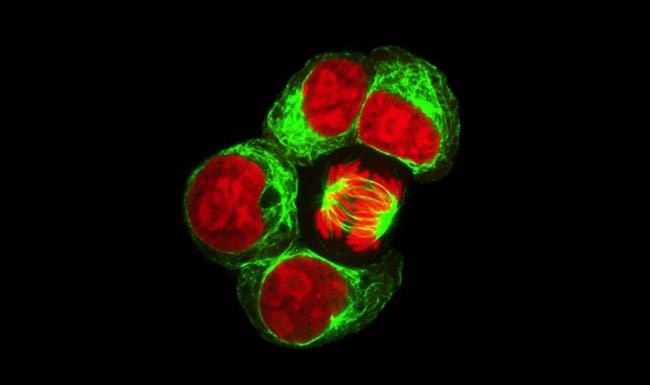
AsianScientist (Aug. 27, 2011) – Around 30,000 Australians will be able to take part in the first epidemiological-based research project in the world focusing on less common cancers, thanks to the launch of The Forgotten Cancers Project at Cancer Council Victoria yesterday.
New Cancer Council Victoria statistics show over half of all cancer deaths are due to less common cancers.
This is despite the five most commonly occurring types – breast, bowel, prostate, melanoma, and lung – accounting for 61 percent of cancer diagnoses in Victoria.
The aim of The Forgotten Cancers Project is to understand the causes of less common and under-researched cancers, and establish ways to prevent them and detect them earlier, leading to reduced mortality rates.
The 15 targeted cancers are: non-Hodgkin lymphoma, leukemia, multiple myeloma, kidney, bladder, stomach, brain, liver, esophagus, pancreas, uterus, thyroid, gallbladder, small intestine, and bone cancer.
Cancer Epidemiology Center Deputy Director, Assoc Prof. Gianluca Severi, said the 15 target cancers had been selected for specific reasons.
“We’ve selected cancers for which we hope there may be genetic causes that we will be able to identify through analyzing people’s DNA,” he said. “We need 1,000 people with each type of cancer, and a matching number of relatives, in order to build sufficient information for our research platform.”
Participants will be asked to complete an online questionnaire about topics such as lifestyle factors, family history of cancer, medical history and occupational history. They will also be asked to give DNA from either saliva or blood samples.
By discovering which lifestyle factors and which genetic factors increase the risk of cancer, the team hopes in the long-term to be able to use the information to develop prevention campaigns to reduce people’s risk.
Dr. Severi said he hoped people would understand the importance for a project of this scale and encouraged Australians to support the initiative.
“Due to the very low incidence of some cancers, such as small intestine for example, we’re really going to need as many people as possible with a diagnosis to come forward,” he said.
With an aging population, and the fact that cancer occurs more commonly in older people, the number of cancer patients is expected to increase by up to 30 percent over the next 10 years.
Anyone diagnosed with one or more of the 15 cancers who may be interested in participating in The Forgotten Cancers Project can visit www.forgottencancers.com.au. If eligible, a nominated family member not affected by the same cancer may also be invited to take part.
——
Source: Cancer Council Victoria.
Disclaimer: This article does not necessarily reflect the views of AsianScientist or its staff.












